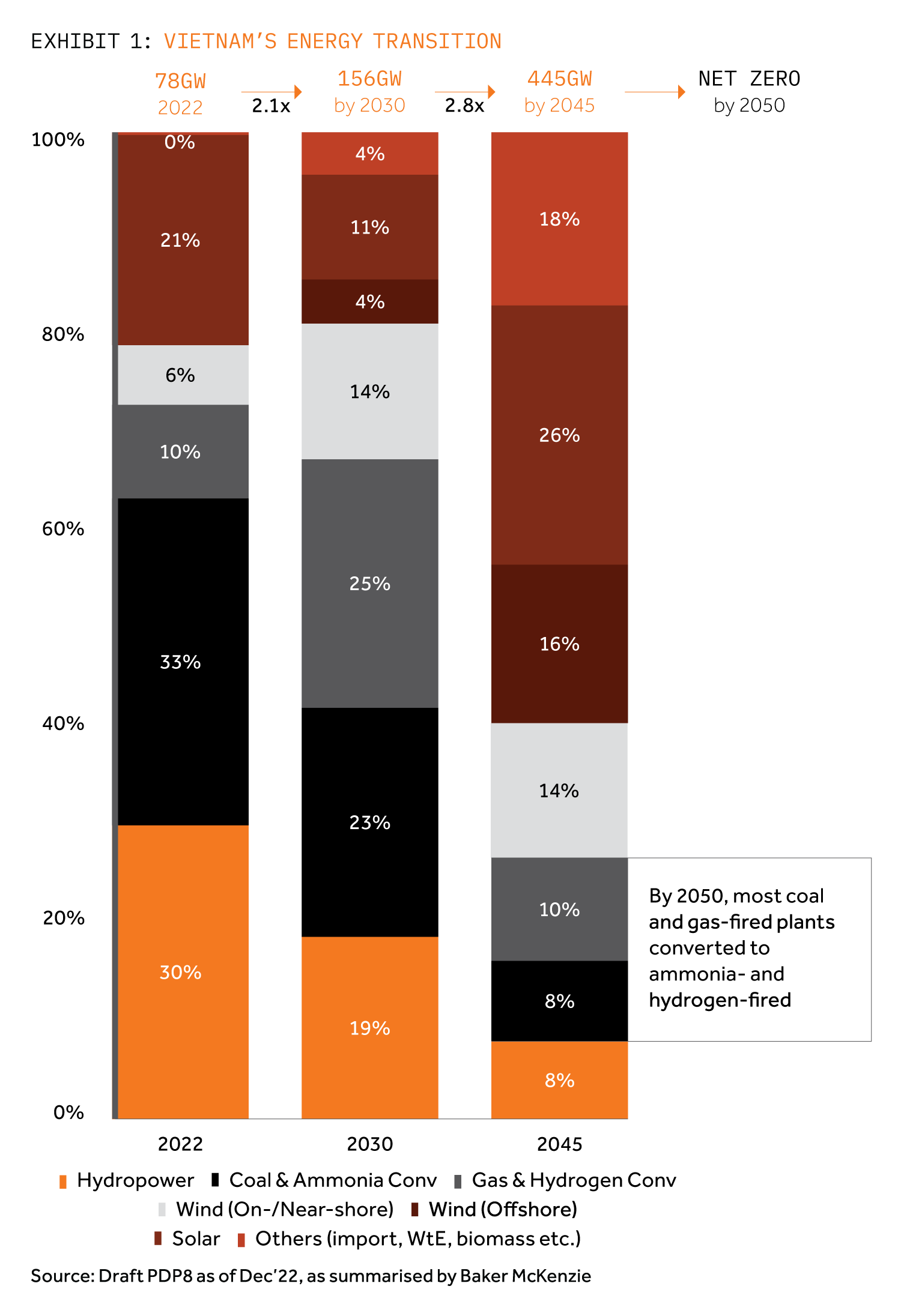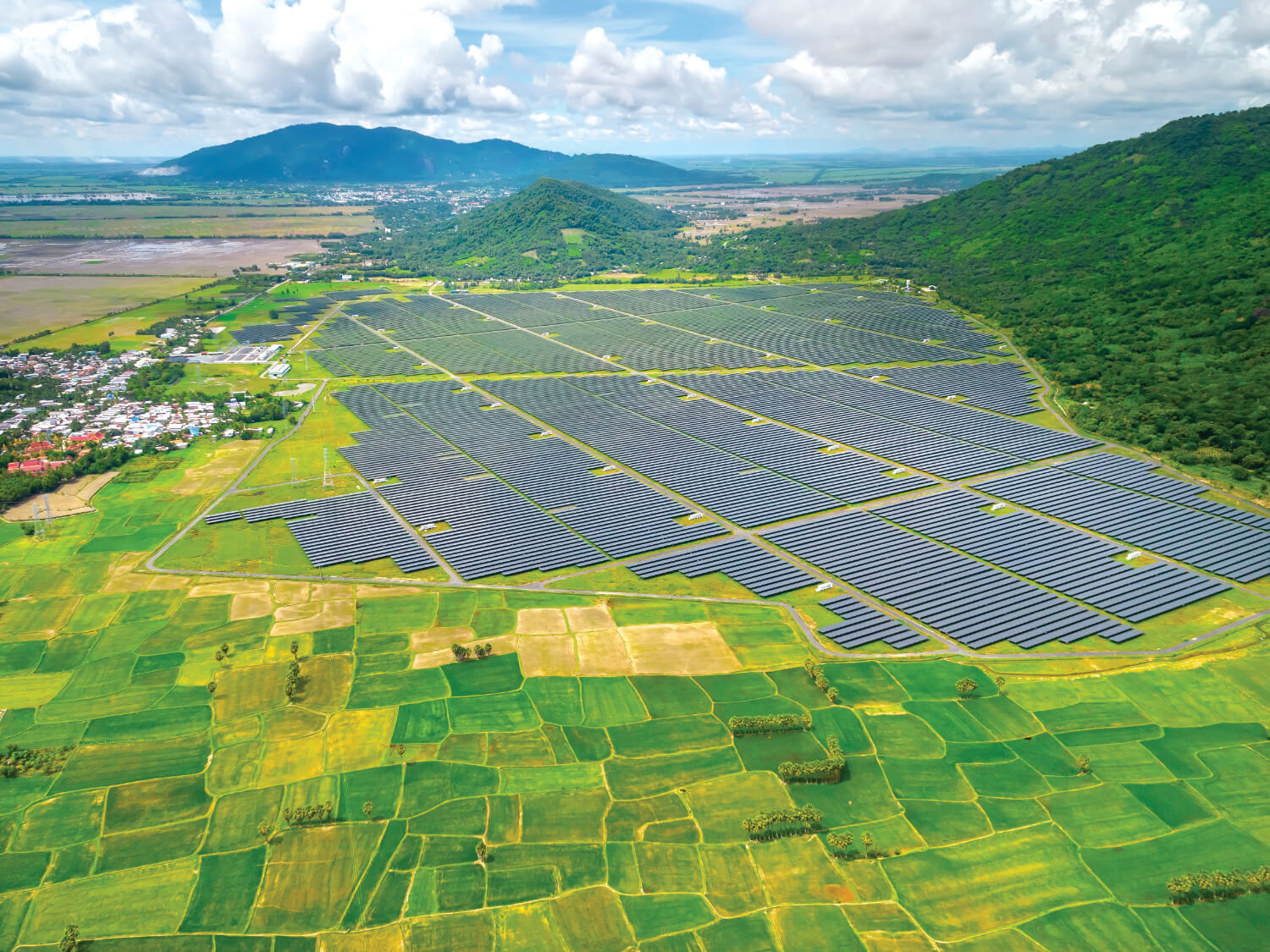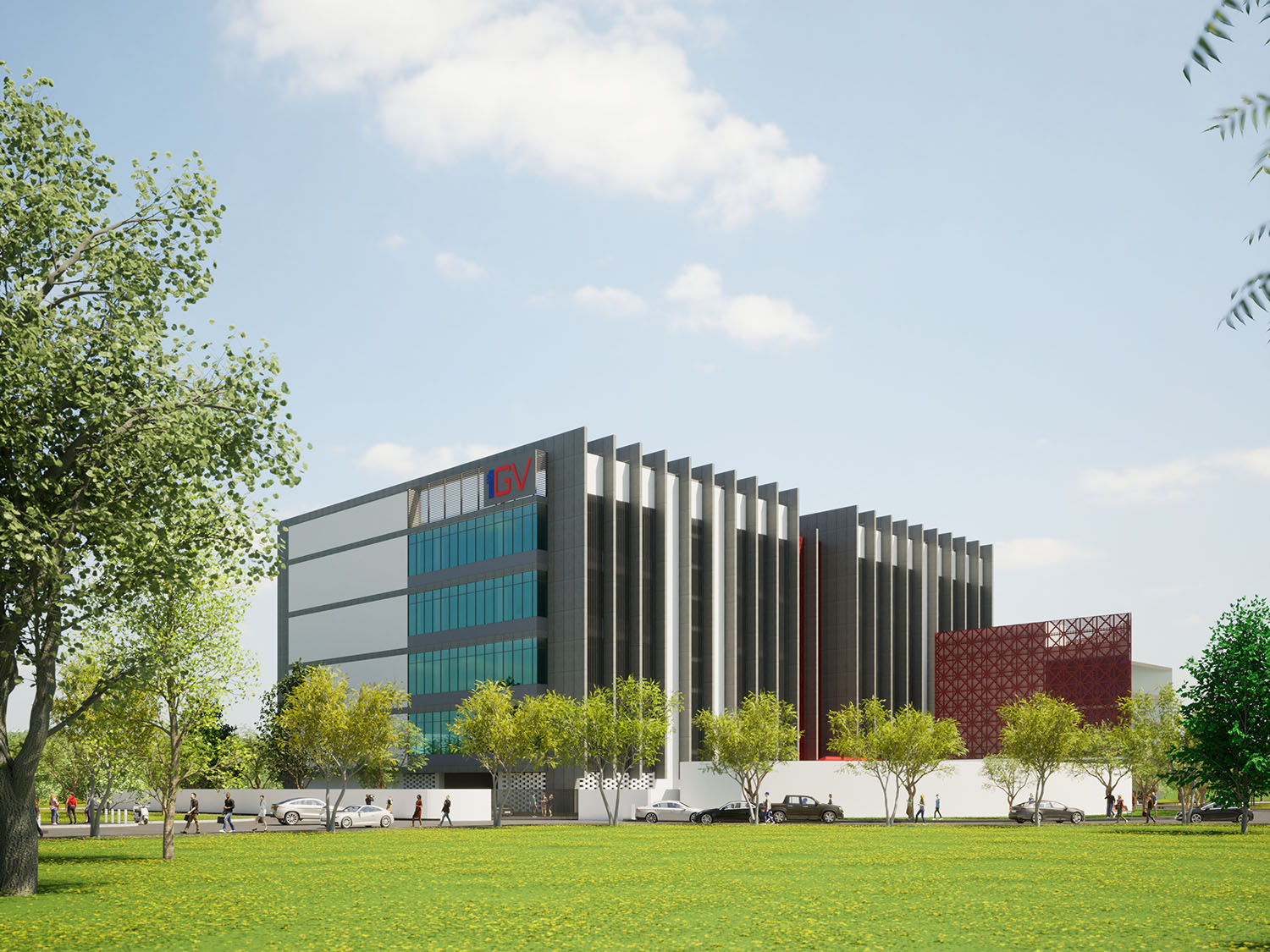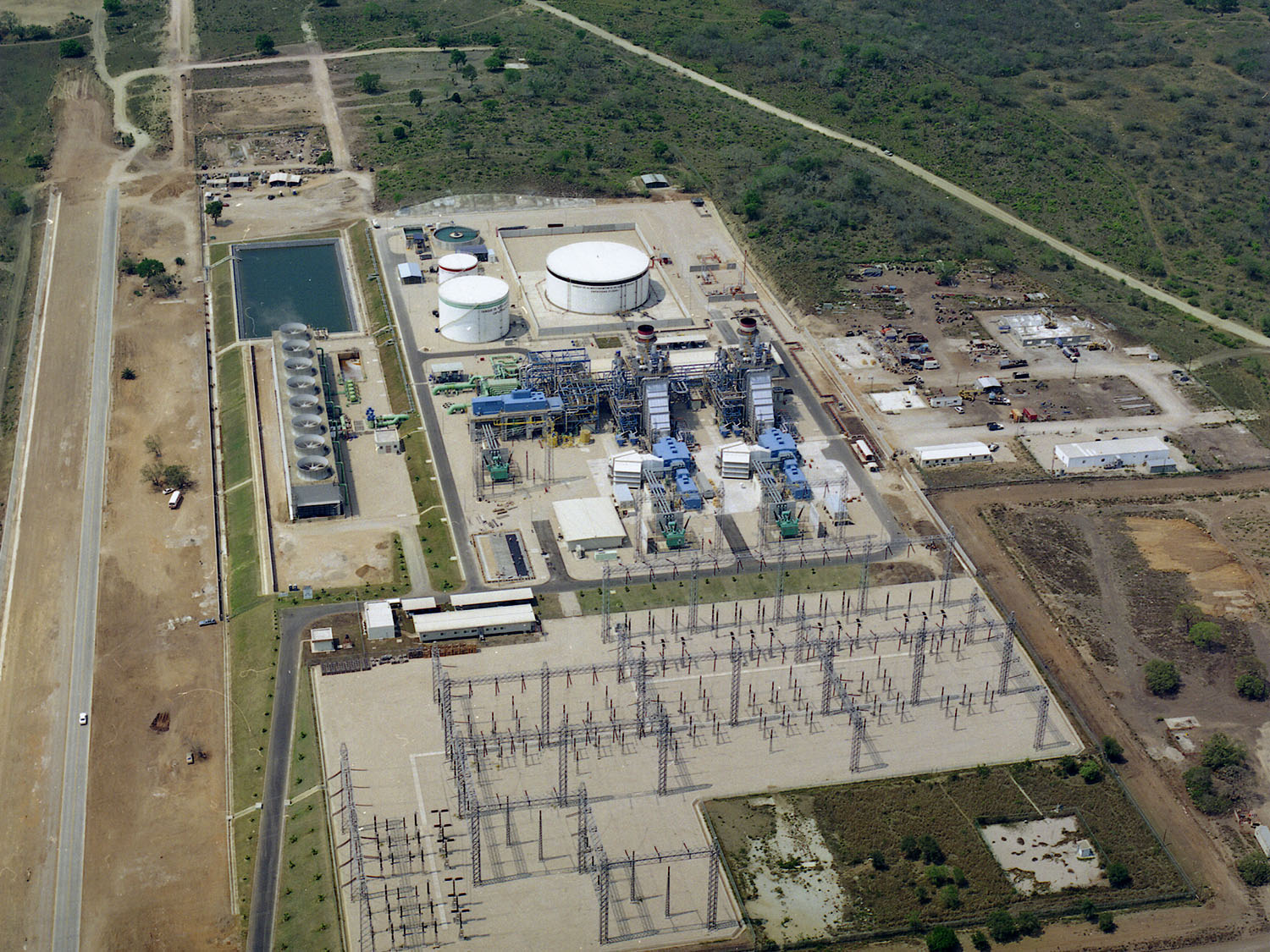With a fast-expanding domestic market, favourable demographics and a growing reputation as an export- led manufacturing base, Vietnam has ambitions to become one of Asia’s major economic powerhouses. GDP growth last year of 8% made it one of the world’s fastest growing economies even against a backdrop of heightened geopolitical tensions and monetary policy tightening in many key markets.
Yet as the nation gears up for further growth, Vietnam faces massive requirements for new electricity. It is estimated that power demand grew by 6% in 2022, and the country will need to add between 70GW and 80GW of new capacity by 2030, meaning that in just eight years, Vietnam will need to build the equivalent of the entire power generation fleet it has today. The magnitude of this task is represented in Exhibit 1.
We are working closely with our investment teams in other sectors, such as industrial real estate, where we can not only create additional value but also help accelerate vietnam’s clean energy transition. Levanta Renewables, for instance, aims to supply green power to actis real estate’s existing industrial parks.

Both government and the private sector bear a huge responsibility in developing and implementing a sustainable and cost- effective energy policy. Vietnam must strike a careful balance: achieve growth and energy security at the same time as decarbonising the entire energy system, given it has committed to Net Zero by 2050.
This will be challenging, but there are encouraging developments. Already ahead of its Southeast Asia neighbours in terms of installed renewable energy capacity, Vietnam’s government is about to approve the country’s most ambitious power development master plan to date, known as PDP 8. This includes the goal of generating about 60% of its energy from renewable sources by 2045, not including converting its existing fleet to hydrogen and ammonia. The plan exploits Vietnam’s geographical advantages, such as its long coastline that is well suited to offshore wind power generation and its good solar resources.
Vietnam will need to add between 70gw and 80gw of new capacity by 2030, meaning that in just eight years, Vietnam will need to build the equivalent of the entire power generation fleet it has today.
Supporting ambitions
Vietnam’s ambitious energy goals, which will require an estimated US$128 billion of investment this decade alone, present attractive opportunities that align with Actis’ focus on sustainability and a just transition. We are investing in the development of Vietnam’s power sector in line with government policy and based on the thesis that it needs a diversified generation mix that leverages the country’s domestic energy resources. This includes significant potential for wind and solar power, while clean thermal energy through gas projects will also be essential to provide adequate base load generation and allow equitable energy access to power the country’s fast-growing economy.
In Vietnam, we are focused on renewable energy sources, such as onshore/offshore wind and solar, as well as efficient LNG- fired plants that can be converted to use hydrogen at a later date. One of our flagship platforms in South East Asia, Levanta Renewables, is developing a strong wind project pipeline located in Vietnam, and is currently reviewing several M&A opportunities to acquire operating grid- connected assets in the country. Levanta Renewables is also working towards developing a portfolio of projects providing green power to commercial and industrial consumers in Vietnam. Another of Actis’ platforms in South East Asia, Bridgin Power, is fully focused on gas power; and in Vietnam Bridgin Power is partnering with strategic investors to build large-scale base load gas power projects. In addition, we are evaluating investment opportunities in the high growth offshore wind sector in country too.
Full speed ahead
The scale and speed of transition and energy demand growth in Vietnam requires a joined-up approach. We are working closely with our investment teams in other sectors, such as industrial real estate, where we can not only create additional value but also help accelerate Vietnam’s clean energy transition. Levanta Renewables, for instance, aims to supply green power to Actis Real Estate’s existing industrial parks investments and to future projects, such as those planned in the power-hungry data centre segment.
With a global footprint and long experience of investing in other emerging markets’ energy transition, we are committed to helping the Vietnamese government by sharing knowledge and lessons we have learned from other geographies. Having invested in markets such as India, Brazil, Mexico, Chile, Egypt and South Africa, we understand what it takes to smooth the energy transition journey and are holding workshops with a variety of stakeholders, including energy regulators and major banks.
This experience means we are well versed in the risks and barriers that can hold up the energy transition process. In Vietnam, these include a lack of capacity among local banking and capital markets to finance projects, the bankability of project structures and PPAs and the build-out of transmission infrastructure. Vietnam faces challenges in financing long-term growth, given the majority of its domestic deposits are of three months or less duration and it remains resistant to following the external portfolio finance route that has caused issues elsewhere since 1997. Other issues include the need to acquire land for projects, potential decision-making delays and the extent to which renewable and LNG power will be affordable.
Yet despite these potential barriers, Actis has “seen this movie before” in other markets and is well positioned to mitigate these challenges by supporting innovative financing tools such as Development Finance Institutions and Export Credit Agency (DFI / ECA) financings; commercial USD financing on the back of local bank guarantee structures and turnkey contracting structures. We also prioritise community engagement initiatives to mitigate development and construction risks and to share best practices from other markets with government stakeholders. Actis professionals, who hail from Vietnam itself, understand the local nuances and are able to support our respective portfolio companies.
All this provides us with a clear view of what the country will need to achieve its energy transition goals, where the opportunity lies for Actis and how we should continue to build on our licence to operate with all stakeholders including through job creation and community support initiatives. In conjunction, we believe our deep experience in the energy sector spanning more than 120 power projects, with a total installed capacity of c. 31GW and with the track record of opening several new markets and delivering pioneering and path breaking energy transition projects in these markets positions us well to help Vietnam in its energy transition journey.








